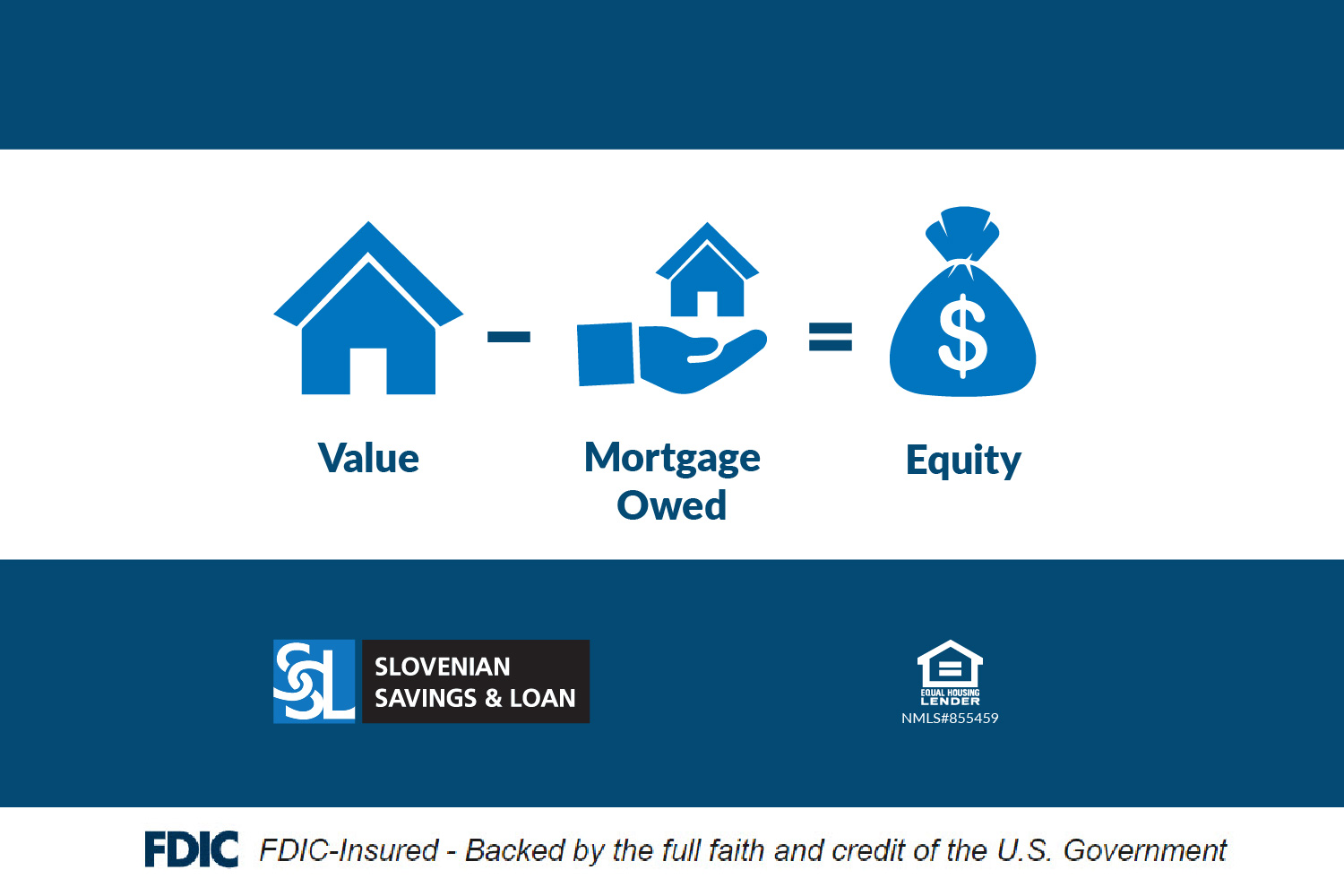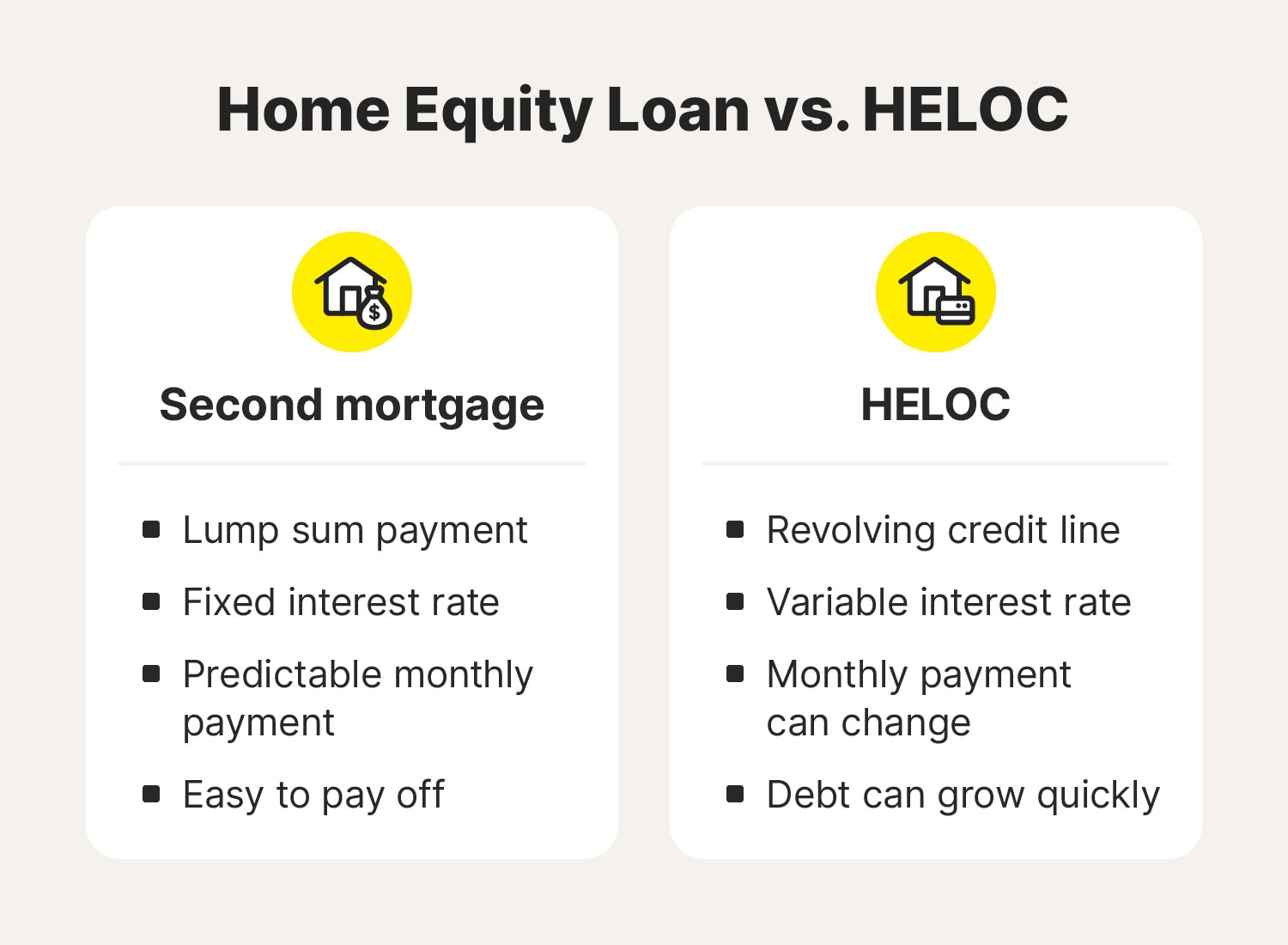How Equity Release Mortgages Work with Inheritance Planning
How Equity Release Mortgages Work with Inheritance Planning
Blog Article
A Comprehensive Guide to Selecting the Right Equity Release Mortgages for Your Demands
Picking the right equity Release mortgage is a significant choice for numerous property owners. It involves understanding numerous products and assessing individual monetary demands. With alternatives like lifetime home loans and home reversion systems, the course can seem complicated. Trick considerations consist of interest prices and versatility. As individuals browse this landscape, evaluating potential threats and advantages ends up being crucial. What factors should one focus on to assure the ideal end result?
Understanding Equity Release Mortgages
Equity Release mortgages offer an economic solution for house owners looking to access the worth secured their homes. Mostly made for people aged 55 and over, these mortgages enable them to convert component of their home equity into cash while remaining to live in their homes. House owners can utilize these funds for different objectives, such as supplementing retired life revenue, funding home enhancements, or covering medical care expenses. The core principle behind equity Release is that the financing is repaid upon the house owner's death or when they relocate into long-lasting treatment, whereupon the building is generally offered to settle the debt. This method makes it possible for people to delight in the advantages of their home's worth without needing to move. It is important for potential borrowers to comprehend the ramifications of equity Release, including prospective effect on inheritance and recurring monetary dedications, prior to making a choice.
Sorts Of Equity Release Products
When discovering equity Release products, it is vital to recognize the main types available. Lifetime home loans, home reversion systems, and drawdown plans each offer one-of-a-kind features and benefits. Assessing these options can help people in making enlightened monetary decisions regarding their residential property.
Life Time Mortgages Clarified
Life time mortgages stand for among one of the most common types of equity Release items available to homeowners in retired life. This kind of mortgage allows individuals to obtain versus the worth of their home while maintaining ownership. Commonly, the financing and passion built up are settled when the home owner passes away or moves into lasting treatment. Consumers usually have the option to choose in between fixed and variable rates of interest, in addition to whether to make month-to-month payments or let the rate of interest roll up. The amount readily available to borrow typically relies on the home owner's age and home worth. This economic solution can offer senior citizens with required funds for numerous requirements, including home improvements or added revenue, while enabling them to remain in their homes.
Home Reversion Schemes

Drawdown Plans Introduction
Drawdown plans stand for an adaptable alternative within the range of equity Release products, enabling home owners to access their home's value as needed. These strategies make it possible for people to Release a portion of their home equity incrementally, instead than obtaining a round figure upfront. This flexibility can be particularly beneficial for taking care of funds gradually, as customers just pay rate of interest on the amounts they take out. Normally, drawdown plans come with a pre-approved limit, making certain that house owners can access funds when required without reapplying. Additionally, this technique can help alleviate the influence of compounding passion, as much less money is obtained originally. Overall, drawdown plans satisfy those looking for economic flexibility while keeping control over their equity Release trip.
Secret Aspects to Consider
When selecting an equity Release home mortgage, numerous crucial aspects call for cautious consideration. Rate of interest contrast, the loan-to-value proportion, and the versatility of functions provided can significantly impact the viability of an item. Assessing these elements will certainly help people make notified decisions that align with their economic goals.
Rates Of Interest Contrast
Maneuvering the landscape of equity Release home loans requires mindful factor to consider of rate of interest, which play a vital role in determining the total cost of the lending. Consumers must compare variable and fixed prices, as repaired prices provide security while variable rates can rise and fall based on market problems. In addition, the timing of the passion rate lock-in can substantially affect the complete repayment quantity. Prospective debtors must likewise review the annual percent rate (APR), that includes numerous fees and prices related to the home loan. Recognizing the implications of various passion rates will make it possible for individuals to make educated choices customized to their financial circumstance. Inevitably, a comprehensive evaluation of these variables can lead to much more desirable equity Release outcomes.

Loan-to-Value Proportion
The loan-to-value (LTV) proportion works as a critical metric in the domain of equity Release mortgages, influencing both eligibility and borrowing capacity. It is computed by splitting the quantity of the financing by the evaluated worth of the residential or commercial property. Typically, a higher LTV proportion indicates a greater risk for loan providers, which can result in stricter financing criteria. Most equity Release items have details LTV restrictions, usually established by the age of the consumer and the worth of the residential property. LTV proportions normally range from 20% to 60%, depending on these factors. Recognizing the effects of the LTV ratio is important for borrowers, as it straight impacts the amount they can access while guaranteeing they stay within risk-free line of credit.
Versatility and Features
Recognizing the versatility and features of equity Release home loans is important for consumers looking for to maximize their monetary options. Various products supply varying degrees of versatility, such as the ability to make partial payments or the option to take a swelling sum versus routine withdrawals. Customers need to additionally take into consideration the transportability of the mortgage, which YOURURL.com permits them to transfer it to a new property if they determine to relocate. Additional attributes like the capability to consist of family members or the option for a no-negative-equity warranty can enhance safety and assurance. Eventually, assessing these variables will assist consumers select a plan that lines up with their lasting personal situations and monetary objectives.
The Application Refine
How does one navigate the application process for equity Release home mortgages? The trip begins with evaluating eligibility, which normally calls for the applicant to be at the very least 55 years old and have a considerable part of their home. Next off, people need to collect essential documentation, including proof of revenue, building, and identification valuation.Once prepared, applicants can approach a lender or broker concentrating on equity Release. A monetary advisor may additionally supply useful assistance, ensuring that all alternatives are taken into consideration. Following this, the applicant submits an official application, that includes a comprehensive evaluation of their economic circumstance and home details.The lender will certainly then perform an evaluation, which may involve a home assessment and discussions concerning the candidate's scenarios and needs. The procedure culminates with a formal deal, enabling the candidate to evaluate the terms prior to making a final choice. Clear communication and understanding at each step are essential for an effective application.

Expenses and Costs Involved
Many prices and fees are connected with equity Release mortgages, and prospective borrowers ought to be mindful of these economic considerations. helpful resources Initially, there might be an application fee, which covers the lender's administration expenses (equity release mortgages). In addition, valuation fees are commonly called for to assess the residential property's well worth, and these can differ considerably based on the home's dimension and location.Legal charges need to additionally be factored in, as consumers will certainly require a lawyer to browse the lawful facets of the equity Release procedure. Some lending institutions may impose very early settlement fees if the home loan is paid off within a particular term.It is important for borrowers to extensively assess all expenses associated with an equity Release mortgage, as they can affect the overall worth of the equity being launched. A clear understanding of these fees will certainly make it possible for individuals to make informed choices
Prospective Risks and Advantages
Equity Release home mortgages include a variety of prices and charges that can influence a consumer's monetary situation. They give considerable advantages, such as access to funds without the need to offer the home, allowing consumers to use the cash for retirement, home renovations, or to support member of the family. Nonetheless, prospective threats exist, including the decrease of inheritance for heirs, as the financing amount plus passion should be settled upon the customer's fatality or move into lasting care. Furthermore, the property's value may dislike as anticipated, leading to a larger financial obligation than anticipated. Consumers may also deal with limitations on moving or offering the property. It is crucial for people to carefully weigh these risks against the benefits to identify if equity Release aligns with their long-term financial goals. A complete understanding of both elements is crucial for making a notified decision.
Questions to Ask Prior To Devoting
When taking into consideration an equity Release mortgage, potential consumers need to ask themselves a number of essential questions to guarantee they are making an informed choice. They should first evaluate their economic circumstance, additional info including existing financial debts and future demands, to identify if equity Release appropriates. It is vital to make inquiries about the complete prices entailed, including fees, rates of interest, and any fines for early settlement. Debtors ought to additionally ask exactly how equity Release will influence inheritance, as it may lower the estate left for beneficiaries. Understanding the terms of the arrangement is necessary; for that reason, inquiries concerning the adaptability of the plan, such as the capacity to make repayments or withdraw additional funds, should be dealt with. Ultimately, potential customers should take into consideration the track record of the lender and whether independent financial guidance has been sought to guarantee all facets are thoroughly understood.
Regularly Asked Concerns
Can I Choose Just How Much Equity to Release?
Individuals can usually select exactly how much equity to Release from their home, but the quantity may be affected by aspects such as age, building value, and lending institution demands - equity release mortgages. Consulting with a financial expert is recommended
What Takes Place if Residential Property Values Reduction?
If residential or commercial property worths lower, the equity available for Release lessens, possibly resulting in a scenario where the outstanding home loan surpasses the residential or commercial property value. This situation may limit monetary choices and effect future planning for house owners.
Can I Still Relocate Home With Equity Release?
The ability to move home with equity Release relies on the details regards to the equity Release plan. Commonly, lots of plans enable house owners to move their equity Release to a new home, based on authorization.
How Does Equity Release Impact My Inheritance?
Equity Release can significantly affect inheritance. By accessing home equity, the overall value of an estate may decrease, possibly lowering what recipients get. It's vital for people to think about these implications when choosing on equity Release options.
Exist Any Kind Of Age Restrictions for Candidates?
Age constraints for equity Release applicants generally need individuals to be at the very least 55 years of ages (equity release mortgages). Lenders might have additional criteria, usually considering the candidate's financial scenario and the building's value throughout the examination process
Final thought
In summary, selecting the right equity Release home mortgage needs mindful assessment of specific financial conditions and goals. By comprehending the numerous product types, crucial factors, and connected prices, borrowers can make educated choices. In addition, recognizing prospective dangers and benefits is crucial for long-lasting economic security. Looking for independent financial guidance can even more boost the decision-making procedure, ensuring that the chosen equity Release solution aligns with the property owner's overall financial technique and future goals. Equity Release mortgages provide a financial remedy for homeowners looking to access the worth secured in their residential or commercial properties. Understanding the flexibility and attributes of equity Release mortgages is important for borrowers looking for to maximize their financial alternatives. Some loan providers may enforce early settlement fees if the mortgage is paid off within a specific term.It is crucial for debtors to thoroughly assess all expenses linked with an equity Release home mortgage, as they can impact the total value of the equity being released. The capacity to move home with equity Release depends on the specific terms of the equity Release strategy. Looking for independent financial suggestions can even more boost the decision-making procedure, guaranteeing that the picked equity Release solution lines up with the homeowner's general economic strategy and future ambitions.
Report this page